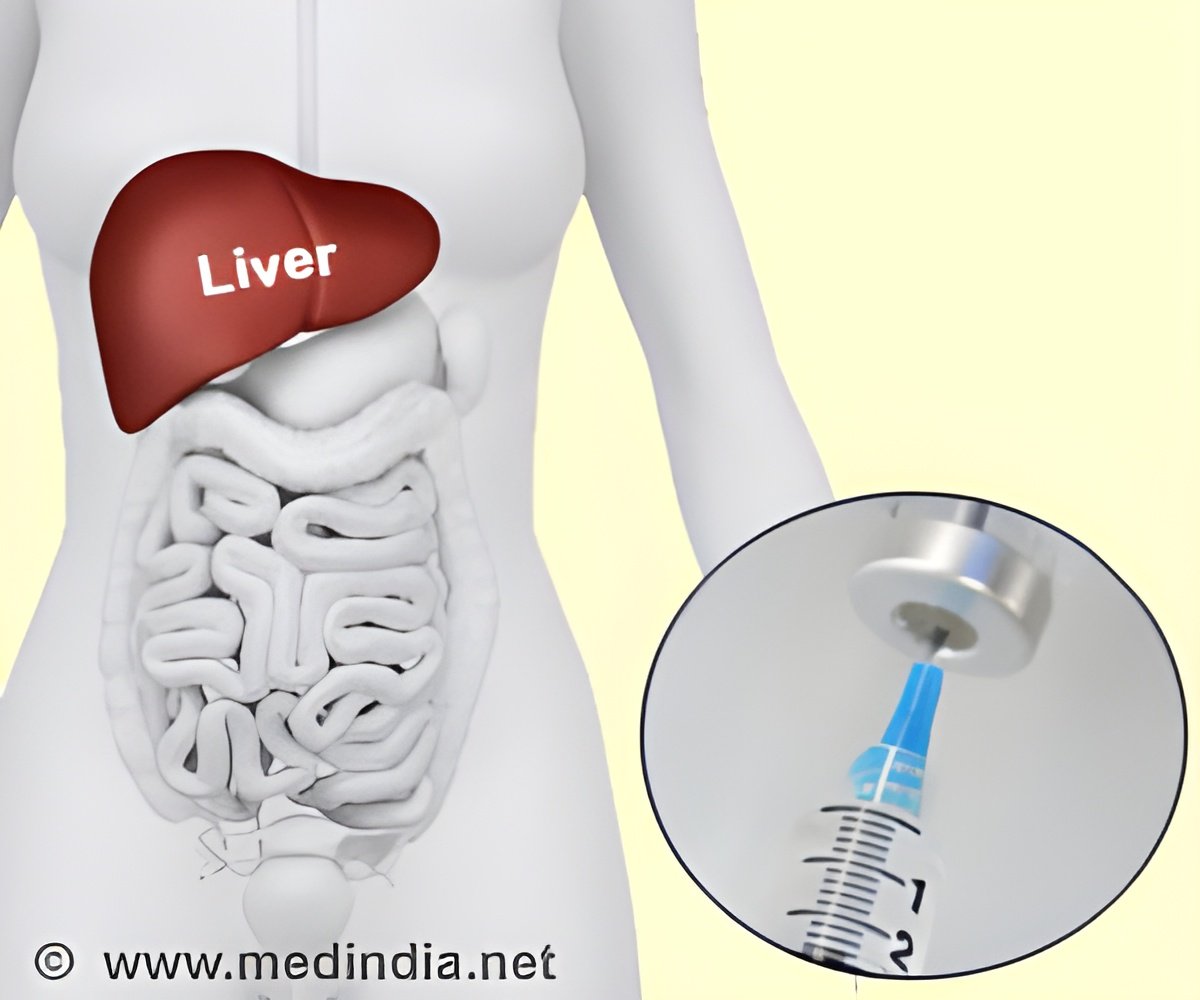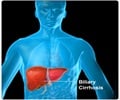A common mutation in the PNPLA3 gene in combination with overweight results in an elevated ALAT values in children, shows a study carried out at the Institute of Biomedicine.

Overweight is often associated with the accumulation of fat in the liver, which is harmful for health. This results in decreased insulin sensitivity in the liver, making the overweight-induced problems in glucose and lipid metabolism worse. In addition to the amount of overweight, genetic factors also play a role in the accumulation of fat in the liver. A common mutation in the PNPLA3 gene prevents the breakdown of triglycerides in the liver and promotes the accumulation of fat. The role of the gene in the accumulation of fat in the liver has been studied very scarcely in children, and there aren't any previous follow-up studies.
This recently published study carried out at the University of Eastern Finland showed that the liver ALAT values of overweight children who are carriers of the gene mutation are more elevated than those of other children.
Furthermore, a follow-up of just two years showed that the liver values of overweight children who are carriers of the gene mutation are clearly elevated when compared to other children. The gene mutation without the presence of overweight did not elevate liver values. The observations indicate that it is specifically the co-existence of extra fat tissue and the gene mutation that causes the elevated liver values already in childhood. Moreover, merely being overweight without being a carrier of the gene mutation was linked to elevated liver values; however, the gene mutation significantly increased the occurrence of elevated liver values. The significance of the research finding for public health is emphasized by the fact that 41% of the children who participated in the study were carriers of the PNPLA3 gene mutation associated with fatty liver, and 15% of the children were overweight.
The study included 481 healthy 6-to-8 year-old girls and boys from the Physical Activity and Nutrition in Children Study, PANIC. The Physical Activity and Nutrition in Children Study is an on-going lifestyle intervention study, which produces valuable information on children's lifestyles, health and well-being all the way into adulthood.
Source-Eurekalert















